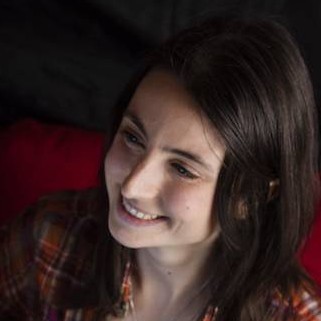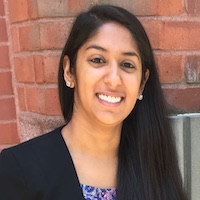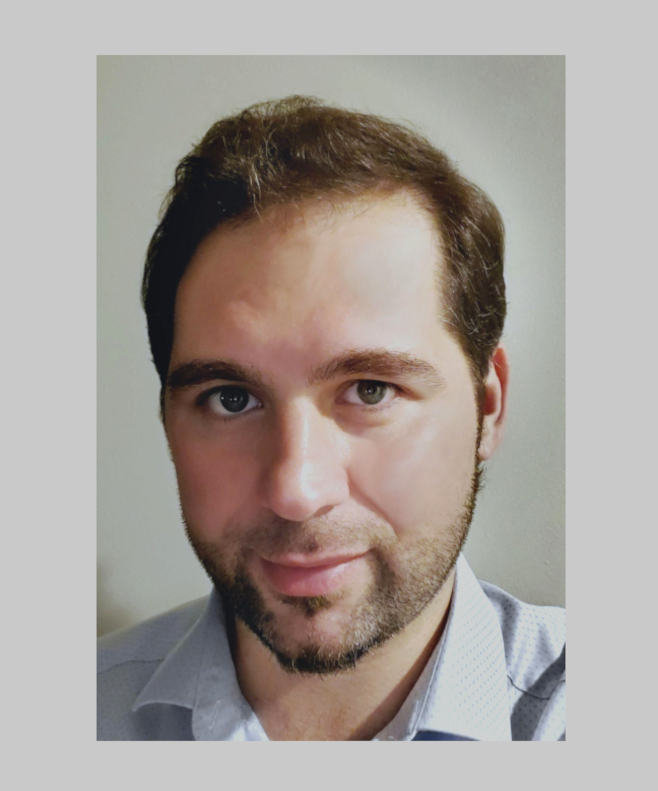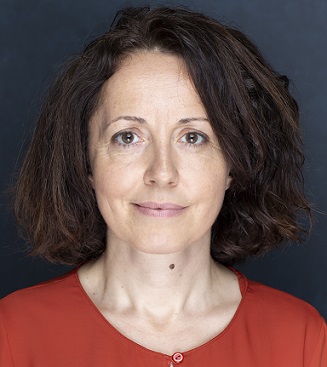Organizers
Organizing Committee
- Bahar Irfan, Evinoks Service Equipment Industry and Commerce Inc. (Turkey).

Bahar Irfan is an R&D Associate at Evinoks Service Equipment Industry and Commerce Inc., working on the development of customizable software for industrial robots and smart buffets. She was an R&D Lab Associate at Disney Research Los Angeles (USA) in 2019, where she worked on dynamic emotional language adaptation in multiparty interactions. She received her PhD on multi-modal personalization in long-term human-robot interaction from the University of Plymouth (UK) and SoftBank Robotics Europe (France), as an Early-Stage Researcher in the Marie Skłodowska-Curie ITN project APRIL. She holds a BSc in mechanical engineering and an MSc in computer engineering from Bogazici University (Turkey). Her research focuses on creating personal robots that can continually learn and adapt to help people in everyday environments.
- Aditi Ramachandran, Vän Robotics, USA

Aditi Ramachandran is the Chief Robot Officer at Van Robotics where she works on building educational robots and oversees all software development at the company. She received a PhD from the Social Robotics Lab at Yale University where her research focused on personalized social robot tutors for children.
- Samuel Spaulding, MIT Media Lab, USA

Samuel Spaulding is a PhD student in the Personal Robots Group at the MIT Media Lab. His thesis research is focusing on building robots that can learn personalized cognitive and affective models of users over repeated interactions and across different tasks.
- German I. Parisi, IBM Data and AI, Mountain View, CA

German I. Parisi is Program Director of Artificial Intelligence at IBM Data and AI in Mountain View, California. He is the co-founder of ContinualAI, the largest research organization on continual learning for AI with a network of over 1000 scientists. He received his PhD in Computer Science from the University of Hamburg, Germany in 2017. In 2015 he was a visiting researcher at the Cognitive Neuro-Robotics Lab of the Korea Advanced Institute of Science and Technology (KAIST), South Korea, winners of the 2015 DARPA Robotics Challenge. His review journal article on continual learning won the 2019 Best Paper Award by the International Neural Network Society. His main research interests include human-robot interaction, continual robot learning, and neuroscience-inspired AI.
- Hatice Gunes, University of Cambridge, UK, Hatice.Gunes@cl.cam.ac.uk.

Hatice Gunes is a Professor of Affective Intelligence and Robotics (AFAR) and the Head of the AFAR Lab at the University of Cambridge’s Department of Computer Science and Technology. Her expertise is in the areas of affective computing and social signal processing cross-fertilising research in multimodal interaction, computer vision, signal processing, machine learning and social robotics. She has published over 125 papers in these areas (H-index=34, citations > 6,000), with most recent works on lifelong learning for facial expression recognition, fairness, and affective robotics; and longitudinal HRI for wellbeing. She was one of the Guest Editors of the 2021 IEEE Transactions on Affective Computing Special Issue on Automated Perception of Human Affect from Longitudinal Behavioral Data. Other research highlights include RSJ/KROS Distinguished Interdisciplinary Research Award Finalist at IEEE RO-MAN’21, Distinguished PC Award at IJCAI’21, Best Paper Award Finalist at IEEERO-MAN’20, Finalist for the 2018 Frontiers Spotlight Award, Outstanding Paper Award at IEEE FG’11, and Best Demo Award at IEEE ACII’09. Prof Gunes is the former President of the Association for the Advancement of Affective Computing (AAAC), and was the General Co-Chair of ACII’19, and the Program Co-Chair of ACM/IEEE HRI’20 and IEEE FG’17. She was a member of the Human-Robot Interaction Steering Committee (2018-2021) and the Chair of the Steering Board of IEEE Transactions on Affective Computing (2017-2019). In 2019 she was awarded the prestigious EPSRC Fellowship as a personal grant to investigate adaptive robotic emotional intelligence for wellbeing and was named a Faculty Fellow of the Alan Turing Institute e–UK’s national centre for data science and artificial intelligence (2019-2021). Prof Gunes is a Staff Fellow of Trinity Hall, a Senior Member of the IEEE and a member of the AAAC.
Sponsors
 |